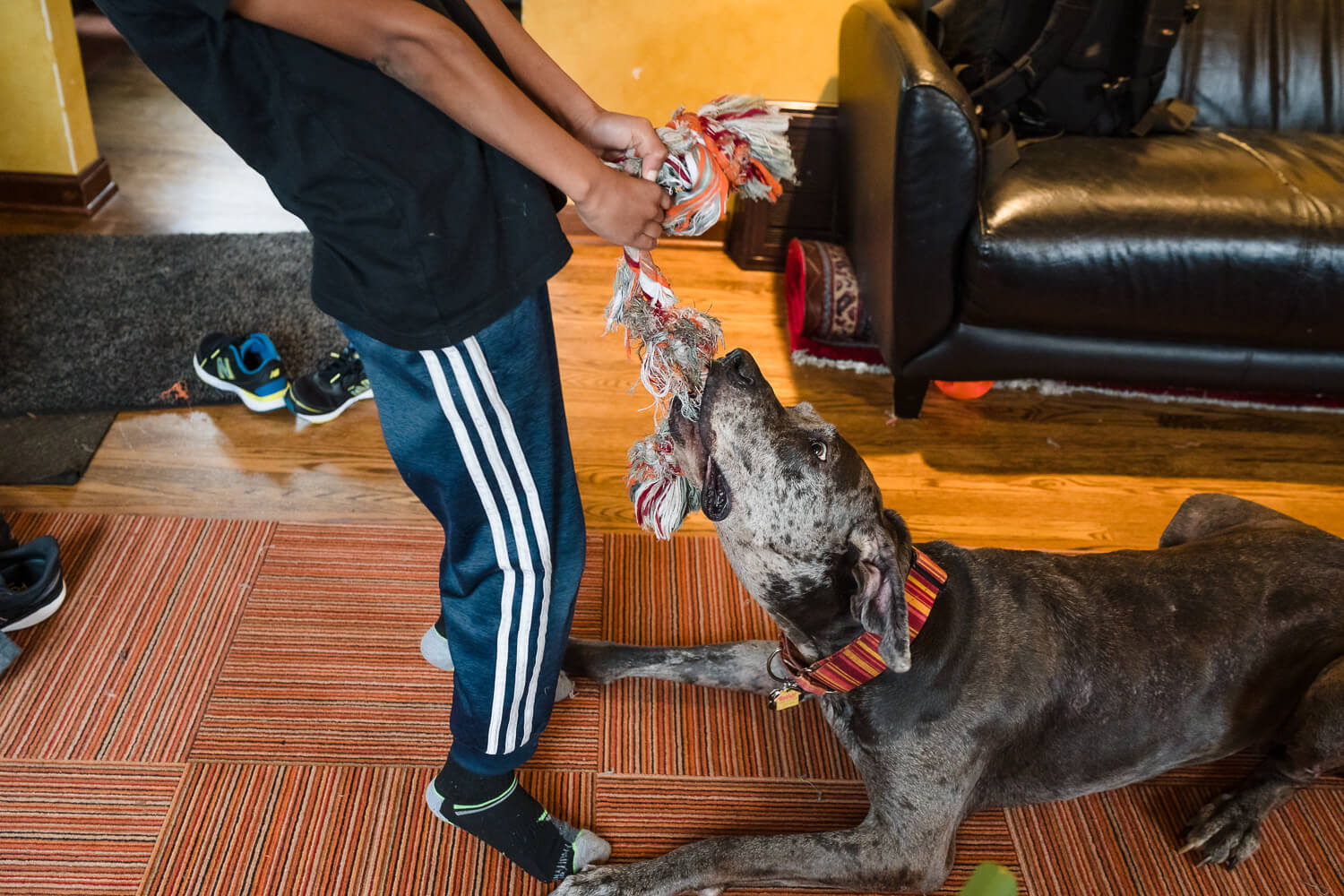Documenting what matters most
It was fun to talk with Lisa and Eric about their 17 year marriage journey. They met in college and were married in their mid-20’s. They had dated other people, and those experiences helped them appreciate the lack of drama in their relationship. “I realized I’m not perfect and he’s not perfect, but we could tolerate each other’s flaws,” Lisa says. Looking back, they think they were married too young and will encourage their daughters to get married later. “We feel lucky to have lasted this long despite getting married early. Often times people don’t know who they are at first and end up growing in different directions. We’re fortunate that we’ve grown in the same direction.”
Lisa and Eric have two young children at home. As a parent myself, I’m always curious to hear how people stay close while tending to their littles. They recall that during premarital counseling they spoke with a couple with young children, who stressed the importance of supporting your partner in separate endeavors. “They had different hobbies, and would encourage each other to spend time away from the family. I thought this was strange advice at the time, since we loved spending every minute together. Now I understand, and would give the same advice to young couples today,” Lisa says.
However, they also agree that carving out time together is incredibly important. They plan activities around their common interests; for example, they both enjoy cooking and food, and will try out new restaurants or take cooking classes. Early in their parenting journey, a family member would babysit once a week. That got them into the habit of making time together to play on a regular basis. “As you get into the thick of life, people can stop having fun together,” Lisa says. “Prioritizing play is important; it helps you enjoy each other. It’s easy to not do this when you are busy and raising young kids!”
Both Eric and Lisa work full time. Households with two working parents know the logistics can get hairy. What helps them? “A shared calendar,” Eric says emphatically, adding “Running a household can mimic running a business!”. Lisa shares that they also hold regular family meetings that include affirmations, discussing goals and upcoming events, and reviewing the family calendar. They found these meetings were particularly helpful after they had children.
So with all the coming and going of being a young family, I asked how they continue to make each other feel special. Lisa and Eric talked about the importance of knowing each other’s love languages. For Lisa, that’s acts of service. “Early on I appreciated roses and the more traditional displays of affection, but after two kids, graduate school, and everything else that has happened, the things I appreciate are more mundane. I appreciate that he washes the dishes, puts gas in my car, and how he helps raise our children.” She realizes it’s not as traditionally romantic, but it means a lot more to her. Eric’s primary love language, on the other hand, is words of affirmation, which don’t come easily for Lisa. “A friend suggested I use ChatGPT to help write affirmations, which has helped,” she laughs. “We also know each others’ love maps,” says Lisa. “We make an effort to know what is happening in each other’s lives outside of our family.” An older couple once told them they should get a hot tub, because it’s a great place to spend uninterrupted time together at the end of the day. They later moved into a house with a hot tub, and they’ve enjoyed many nights catching up in the tub over a glass of wine.
Our time was running short, and the kids were coming out for bedtime hugs. It was time to ask my favorite question; “what’s the secret?” They smile at each other. “Set up conditions so that your partner can thrive,” says Eric. “It’s not all about you.”



